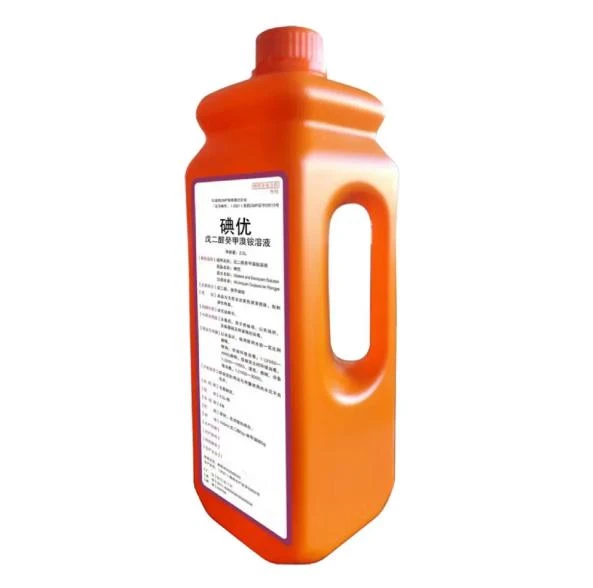- Afrikaans
- Albanian
- Amharic
- Arabic
- Armenian
- Azerbaijani
- Basque
- Belarusian
- Bengali
- Bosnian
- Bulgarian
- Catalan
- Cebuano
- Corsican
- Croatian
- Czech
- Danish
- Dutch
- English
- Esperanto
- Estonian
- Finnish
- French
- Frisian
- Galician
- Georgian
- German
- Greek
- Gujarati
- Haitian Creole
- hausa
- hawaiian
- Hebrew
- Hindi
- Miao
- Hungarian
- Icelandic
- igbo
- Indonesian
- irish
- Italian
- Japanese
- Javanese
- Kannada
- kazakh
- Khmer
- Rwandese
- Korean
- Kurdish
- Kyrgyz
- Lao
- Latin
- Latvian
- Lithuanian
- Luxembourgish
- Macedonian
- Malgashi
- Malay
- Malayalam
- Maltese
- Maori
- Marathi
- Mongolian
- Myanmar
- Nepali
- Norwegian
- Norwegian
- Occitan
- Pashto
- Persian
- Polish
- Portuguese
- Punjabi
- Romanian
- Russian
- Samoan
- Scottish Gaelic
- Serbian
- Sesotho
- Shona
- Sindhi
- Sinhala
- Slovak
- Slovenian
- Somali
- Spanish
- Sundanese
- Swahili
- Swedish
- Tagalog
- Tajik
- Tamil
- Tatar
- Telugu
- Thai
- Turkish
- Turkmen
- Ukrainian
- Urdu
- Uighur
- Uzbek
- Vietnamese
- Welsh
- Bantu
- Yiddish
- Yoruba
- Zulu
ডিসে. . 07, 2024 18:28 Back to list
cefquinome sulphate injection
Cefquinome Sulphate Injection An Overview
Cefquinome sulphate is a broad-spectrum cephalosporin antibiotic that is primarily used in veterinary medicine. It is particularly effective against a variety of Gram-positive and Gram-negative bacteria, making it an essential tool in managing infections in livestock, especially in cattle and poultry. This article will discuss the composition, mechanism of action, applications, benefits, and potential side effects associated with cefquinome sulphate injection.
Composition and Mechanism of Action
Cefquinome is a fourth-generation cephalosporin, which means it is designed to combat bacteria that have developed resistance to earlier generations of cephalosporins and penicillins. The sulphate component aids in the solubility of the drug, facilitating its administration via injection.
The antibiotic works by interfering with the synthesis of bacterial cell walls. It binds to specific proteins (penicillin-binding proteins) located in the bacterial cell membrane. This binding inhibits the processes responsible for cell wall production, ultimately leading to cell lysis and death. The broad-spectrum activity of cefquinome allows it to target a range of bacteria, including harmful pathogens responsible for various infections in animals.
Applications in Veterinary Medicine
Cefquinome sulphate is commonly used for the treatment of respiratory and urogenital infections in cattle and to treat certain bacterial infections in poultry
. Its ability to quickly act against common pathogens makes it a go-to option for veterinarians dealing with acute infections.In cattle, cefquinome is effective in treating conditions such as pneumonia and mastitis, substantially reducing both morbidity and mortality rates. In poultry, it can be used to manage infections caused by bacteria like Escherichia coli and Salmonella, which are critical concerns in poultry farming due to their potential to cause significant economic losses.
Benefits of Cefquinome Sulphate Injection
cefquinome sulphate injection

One of the primary benefits of cefquinome sulphate injection is its rapid onset of action. Many veterinarians appreciate its effectiveness in acute situations where immediate intervention is necessary. The broad-spectrum nature of the drug means that it can be utilized across various species and infection types, simplifying the treatment protocols for mixed animal practices.
Additionally, cefquinome has a favorable pharmacokinetic profile, allowing for effective blood and tissue levels after administration. This characteristic ensures that the drug remains active in the body long enough to exert its therapeutic effects, often resulting in a reduced frequency of administration compared to other antibiotics.
Resistance and Responsible Use
Despite its efficacy, there are increasing concerns regarding antibiotic resistance. The overuse and misuse of antibiotics in veterinary medicine can lead to the development of resistant bacterial strains, posing a risk not only to animal health but also to public health due to zoonotic transfer of these resistant organisms.
Therefore, it's crucial for veterinary professionals to follow responsible guidelines when prescribing cefquinome sulphate. This includes accurate diagnosis, appropriate dosing, and consideration of alternative treatment options when feasible. Regular monitoring of treatment outcomes and bacterial cultures can also ensure that the antibiotic remains effective for the desired applications.
Potential Side Effects
As with any medication, there are potential side effects associated with cefquinome sulphate injection. While it is generally well-tolerated, some animals may experience adverse reactions. These can range from mild gastrointestinal disturbances, such as diarrhea, to more severe reactions, including allergic responses. It is advisable for veterinarians to thoroughly evaluate the health status of the animal and consider any known allergies before administration.
In conclusion, cefquinome sulphate injection is a vital component of veterinary pharmacology, particularly in treating bacterial infections in livestock. Its effectiveness against a broad spectrum of pathogens, coupled with a favorable pharmacokinetic profile, makes it a preferred choice for veterinarians. However, with the growing concern over antibiotic resistance, it is essential to use cefquinome sulphate judiciously to preserve its effectiveness for future generations of animals. Thoughtful application paired with ongoing research will ensure that cefquinome remains a vital tool in the fight against bacterial infections in veterinary medicine.
-
Guide to Oxytetracycline Injection
NewsMar.27,2025
-
Guide to Colistin Sulphate
NewsMar.27,2025
-
Gentamicin Sulfate: Uses, Price, And Key Information
NewsMar.27,2025
-
Enrofloxacin Injection: Uses, Price, And Supplier Information
NewsMar.27,2025
-
Dexamethasone Sodium Phosphate Injection: Uses, Price, And Key Information
NewsMar.27,2025
-
Albendazole Tablet: Uses, Dosage, Cost, And Key Information
NewsMar.27,2025













